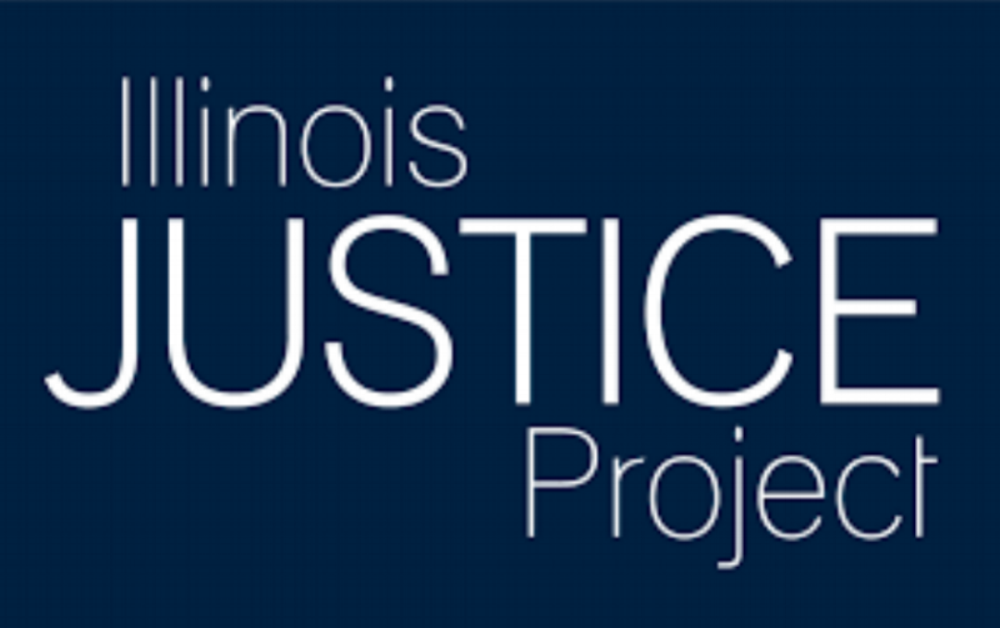Each year 28,000 individuals are released from the Illinois Department of Corrections, with the majority of those individuals having limited access to the most basic human needs. While Illinois spends billion dollars to keep individuals incarcerated, it spends a fraction of that amount to keep from returning to incarceration.
Housing is one of those basic needs. It is fundamental to personal stability, and when individuals lack it, the consequences are dire. This is especially true for those who are returning to local communities from prison. In fact, without the most basic of human needs — a roof over a head — justice-involved individuals struggle to reintegrate, at great cost to Illinois’ public safety and to the fabric of our communities.
The majority of unsheltered people in Chicago were previously incarcerated — 60% of unsheltered men and 58% of women report being previously incarcerated in jail or prison. Nearly 40% of people return to prison within three years, each time costing taxpayers over $150,000.
That’s why the Illinois Justice Project and the Metropolitan Planning Council launched an in-depth, three-year effort to address a major, unresolved problem facing public officials: how to find stable living conditions for the tens of thousands of individuals who depart state prisons and jails each year. Re-Entry Housing Issues in Illinois: The Current Situation, Challenges, and Possible Solutions is the result of that work.
ILJP and MPC met with leaders from over 60 organizations including the Illinois Housing Development Authority, the Illinois Department of Corrections, and others who interact daily with individuals leaving incarceration. Significantly, this project marks the first time the Illinois Department of Corrections and the Illinois Housing Development Authority have ever reviewed re-entry housing issues in depth. Discrimination, combined with affordable housing shortages, perpetuates the exclusion of formerly incarcerated people from the housing market.
